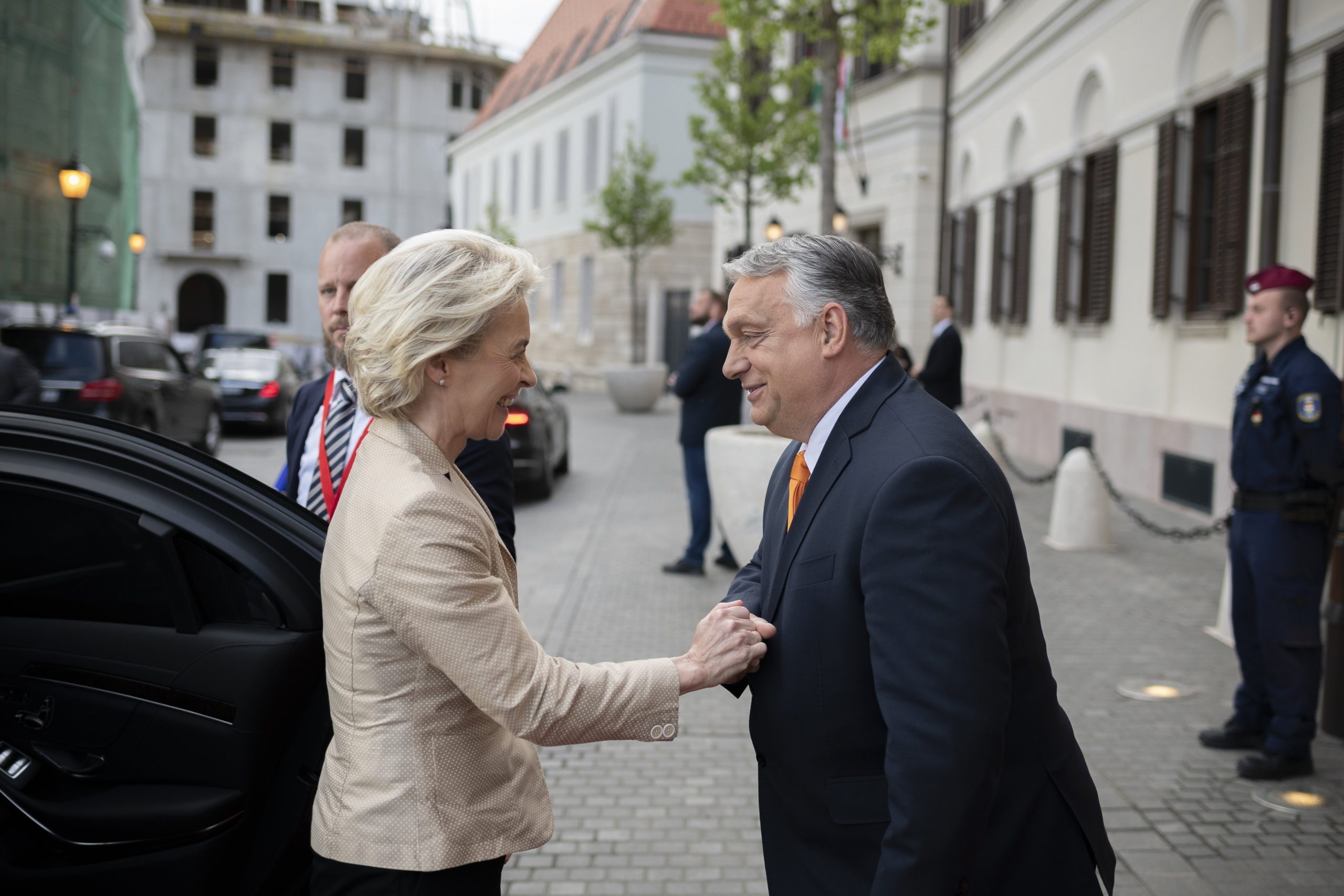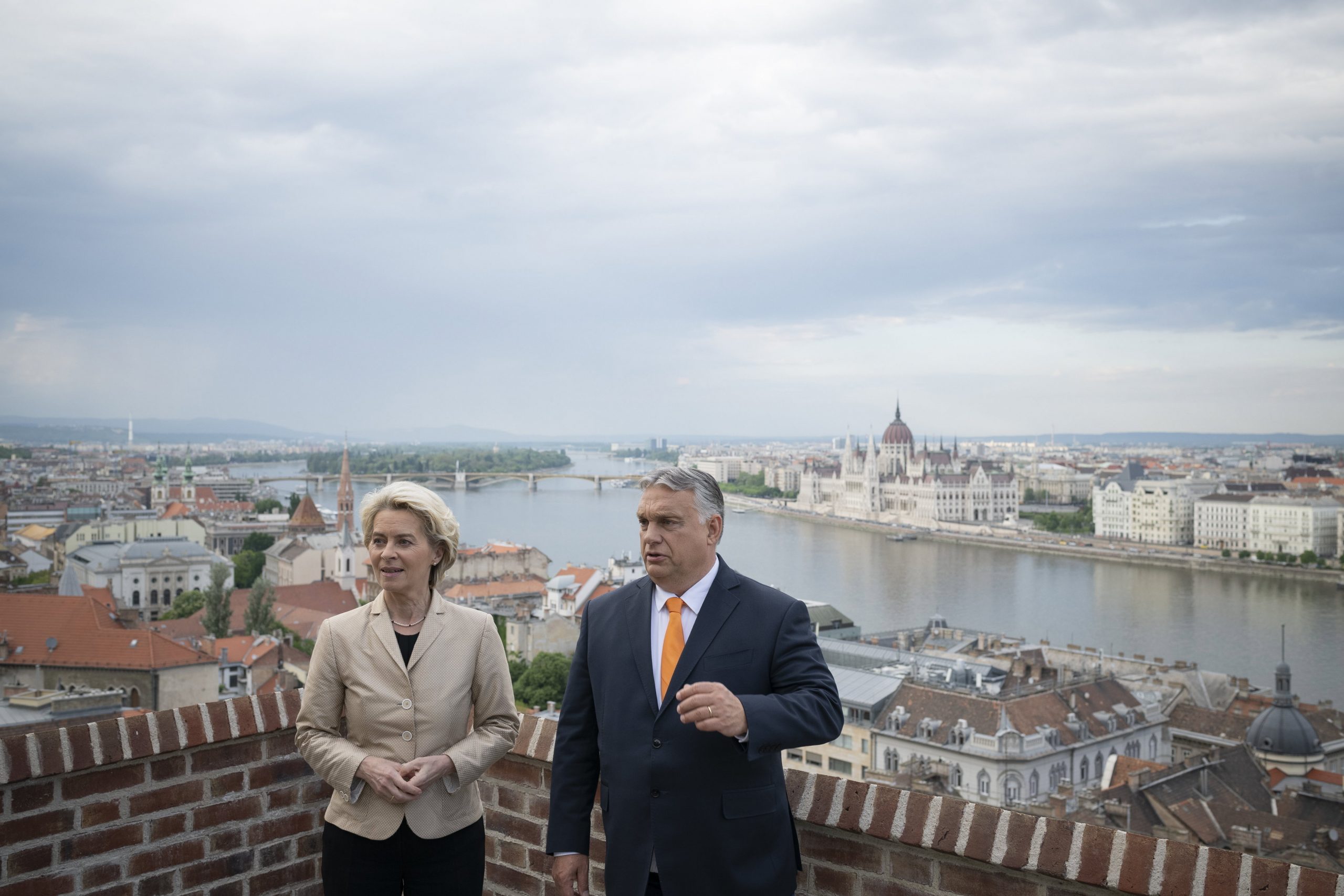
The oil sanctions, proposed on May 4, have been described by Prime Minister Viktor Orbán as the equivalent of dropping a "nuclear bomb" on Hungary's economy.Continue reading

The Hungarian government has made it clear that it will veto EU sanctions on Russian oil imports, and its rejection has EU diplomats considering scrapping the largest element of the bloc’s sixth sanctions package, EU diplomats told Politico. As Russia’s invasion of Ukraine continues, the Union may put forward the rest of the sanctions package without a complete ban on crude and refined fuel from Russia, then continue negotiating a deal with Hungary.
European Commission President Ursula von der Leyen proposed the complete prohibition of Russian oil imports in the draft of REPowerEU, the Union’s plan to overcome its reliance on Russian energy. The EU is helping finance Russia’s war in Ukraine with continued imports, and cutting itself off from Russian energy would be a huge blow to the country’s economy, paired with already existing economic sanctions. But a joint move on sanctions requires unanimous support from all 27 Member States.
Viktor Orbán’s government has made it clear that it will block the sanctions package, since it needs more time before it agrees. The Commission has offered Hungary two years more than the rest of the EU to end oil imports from Russia (by 2024), along with potential financial compensation.
The Czech Republic is also negotiating the extension, and a Slovakian spokesperson told Euronews that Slovakia is willing to accelerate the repurposing of its refinery which currently depends 100% on Russian oil. The dependence of refineries on Russian crude oil is a general issue in countries such as Slovakia, Hungary, and Bulgaria.
The EU is in agreement on around “90 percent” of the sanctions package, one EU diplomat told Politico, “So why not do it like this, be pragmatic and then continue the energy discussion?” The individual noted that the exception of the oil ban would “send a bad signal,” while another diplomat said it is better to agree on 90 percent of the oil ban than none of it at all.
EU leaders have also tried to convince Orbán to change his opinion on the oil embargo. French President Emmanuel Macron spoke to the Hungarian prime minister over the phone hoping to finalize negotiations. Guy Verhofstadt, Member of the European Parliament for Belgium and former Leader of the Alliance of Liberals and Democrats for Europe, shared a quote from Bulgarian Prime Minister Kiril Petkov, adding that Orbán’s veto power should be dropped, since this would allow the EU to “stand up to Putin united.”
True… 👏🏻
Even more true: if we would stand up to Putin united, as EU, no one would be small & dependent !
Drop Orbán’s veto = stop Putin’s war ✊🏻 https://t.co/2ZQaQzs6h3
— Guy Verhofstadt (@guyverhofstadt) May 12, 2022
Telex has been informed that there are three potential paths that can be taken now:
The news portal notes that the EU faces a lose-lose situation, since its economy will be weakened if it ends oil imports, but its reputation will be weakened if it continues them.
Featured photo illustration by Vivien Cher Benko/MTI/Prime Minister’s Press Office